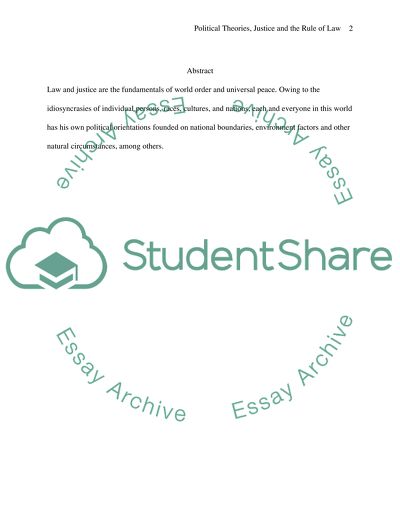Cite this document
(Justice of the World and the Rule of Law Coursework, n.d.)
Justice of the World and the Rule of Law Coursework. https://studentshare.org/law/1559870-politics
Justice of the World and the Rule of Law Coursework. https://studentshare.org/law/1559870-politics
(Justice of the World and the Rule of Law Coursework)
Justice of the World and the Rule of Law Coursework. https://studentshare.org/law/1559870-politics.
Justice of the World and the Rule of Law Coursework. https://studentshare.org/law/1559870-politics.
“Justice of the World and the Rule of Law Coursework”. https://studentshare.org/law/1559870-politics.


